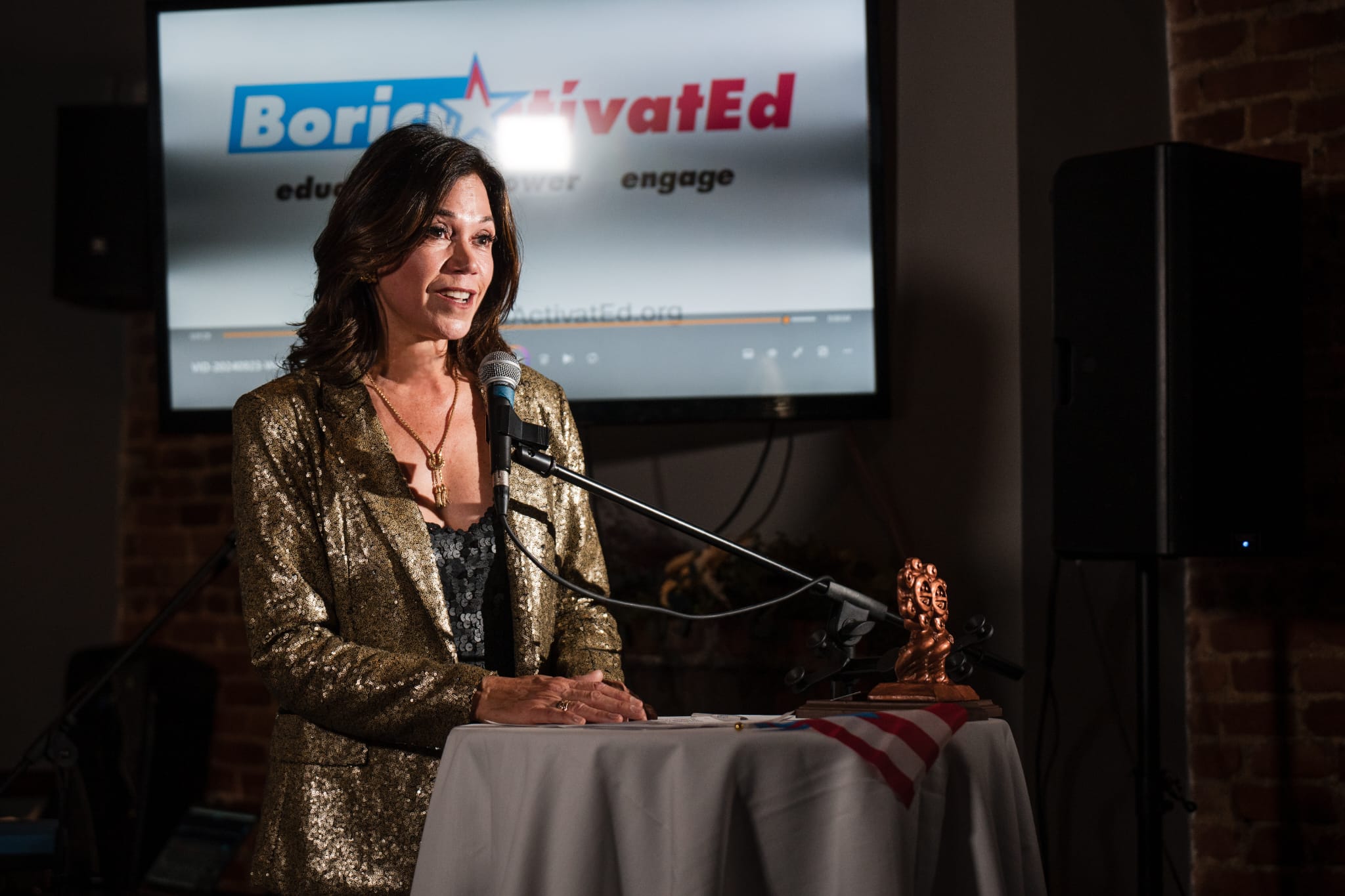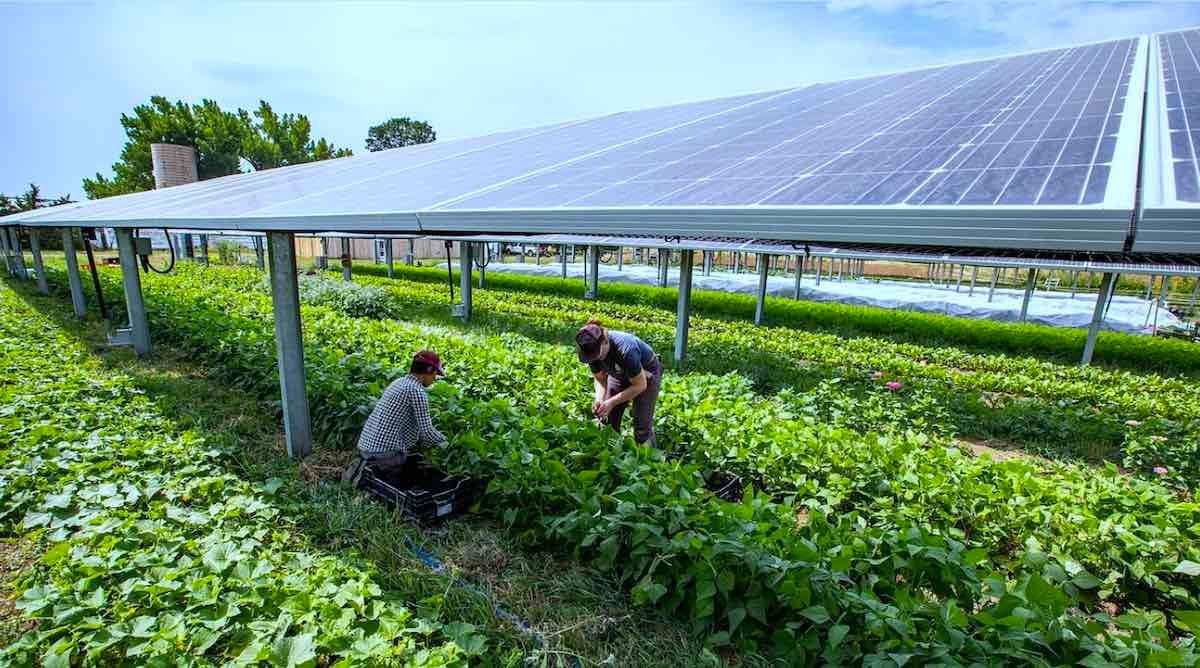Puerto Rico coronavirus statistics for January 11
According to the Puerto Rico Health Department, 142,340 people are believed to have been infected with COVID-19, an increase of 6,598 since January 4, when the total was 135,742.
Beginning on November 7, the Health Department changed the way it recorded cases, splitting them between confirmed cases (as determined by molecular diagnostic testing), probable cases (as determined by antigen testing) and suspicious cases (as determined by serological, non-diagnostic testing). Viewed through that prism, Puerto Rico has had 77,927 confirmed cases, 5,541 probable cases, and 58,872 suspicious cases, since the virus arrived on the Island. There are currently 392 people hospitalized due to COVID, a decrease of 29 since last week.
Last Friday, members of the Mayors’ Association met with the Puerto Rico Department of Health and the National Guard to coordinate the next stage of those efforts, which entails vaccinating the general retirement-age population, as well as teachers and first responders—groups that total some 760,000 people.
Prisons have consistently been sites of COVID-19 outbreaks; an outbreak at a Bayamón prison infected 167 people in the past week. Efforts to curtail the spread of the virus there have begun and its prisoners started being vaccinated last week.
Government seeks to have “Criollo Stimulus” ready for distribution by January 31
A new stimulus package for Puerto Rican small businesses will, if everything goes well, be ready to accept applications by January 31, according to appointed Economic Development and Commerce secretary Manuel Cidre. When approved, small and mid-sized businesses—ideally ones that are unable to obtain funds elsewhere—will be able to obtain subsidies to cover necessary expenses.
Although the size of this stimulus package has yet to be determined and the amount available to applicants remains unknown, Governor Pedro Pierluisi has instructed the Puerto Rico Department of Treasury to create a stimulus plan and identify a source of funding for it. However, the government has stated that the stimulus would provide a minimum of $230 million in assistance.
Georgia Senate elections change statehood dynamics for Puerto Rico
Although it might not seem so from the Boricua perspective, making Puerto Rico a state is a relatively straightforward process: all that is required is for a bill to be drafted by the U.S. Congress, passed, and signed into law. With statehood for Washington, D.C. and Puerto Rico always on the backburner of Congress, the chief obstacle to the proposals has been the Republican majority in the U.S. Senate, capable of preventing any such bill from ever being voted on. With the Democratic victories in Georgia’s runoff elections last week, this obstacle has (for now) been removed, and the possibility of statehood looks plausible.
The newest hurdle for any legislative statehood proposal is Senator Joe Manchin (D-WV), the Democratic caucus’ most conservative member, and the upcoming chairman of the Senate Energy and Natural Resources Committee, which like the House Natural Resources Committee, includes U.S. territories under its jurisdiction. When asked about statehood on CNN, he replied that he was “not convinced that’s the way to go” for either D.C. or Puerto Rico.
However, even if there were a clear legislative path towards statehood for Puerto Rico, major underlying issues remain, including Puerto Ricans’ actual desires. President-Elect Joe Biden had expressed that Puerto Ricans must choose their own status, and incoming Senate Majority Leader Charles Schumer (D-NY), whose point of view mirrors Biden’s, has indicated that he believes the latest status referendum, in which the statehood option obtained 52% of the vote, did not represent a consensus.
Puerto Rico to receive $1.44 billion in education funds
In two different statements, former U.S. Secretary of Education Betsy DeVos announced this week that Puerto Rico would receive $1.44 billion in education funds this year, thanks to the economic stimulus law passed in December. In her initial January 5th announcement, DeVos indicated that Puerto Rico would receive $1.32 billion in education funds, to be used to “provide a quality full time education to each student and identify and bring back up to speed students who have fallen behind.”
Later in the week, hours before resigning from her position, DeVos announced that Puerto Rico would receive an additional $125 million, with the funds also coming from the December stimulus act. This $125 million will be managed by the Governor’s Office, and will finance the cleanup of education facilities, personal protection equipment, ventilation, and other measures to facilitate the resumption of in-person classes.
Share
STAY IN THE LOOP
Subscribe to our free newsletter.
La organización BoricuaActivatEd celebró su séptimo aniversario con reconocimientos al líder de la red evangélica Esperanza y de la comunidad boricua de Filadelfia, Luis Cortés, y el legendario artista Antonio Martorell. Cortés, premiado por su
tudy: Economy leading factor for Puerto Ricans moving to Florida A new survey unveiled Monday in Washington, D.C. sheds new light on factors contributing to Puerto Ricans moving to the state of Florida. The Puerto
New federal funds for solar, battery storage announced The Department of Energy (DOE) on Thursday announced a conditional commitment to finance new solar and battery storage facilities on the southern coast of Puerto Rico. The investment




